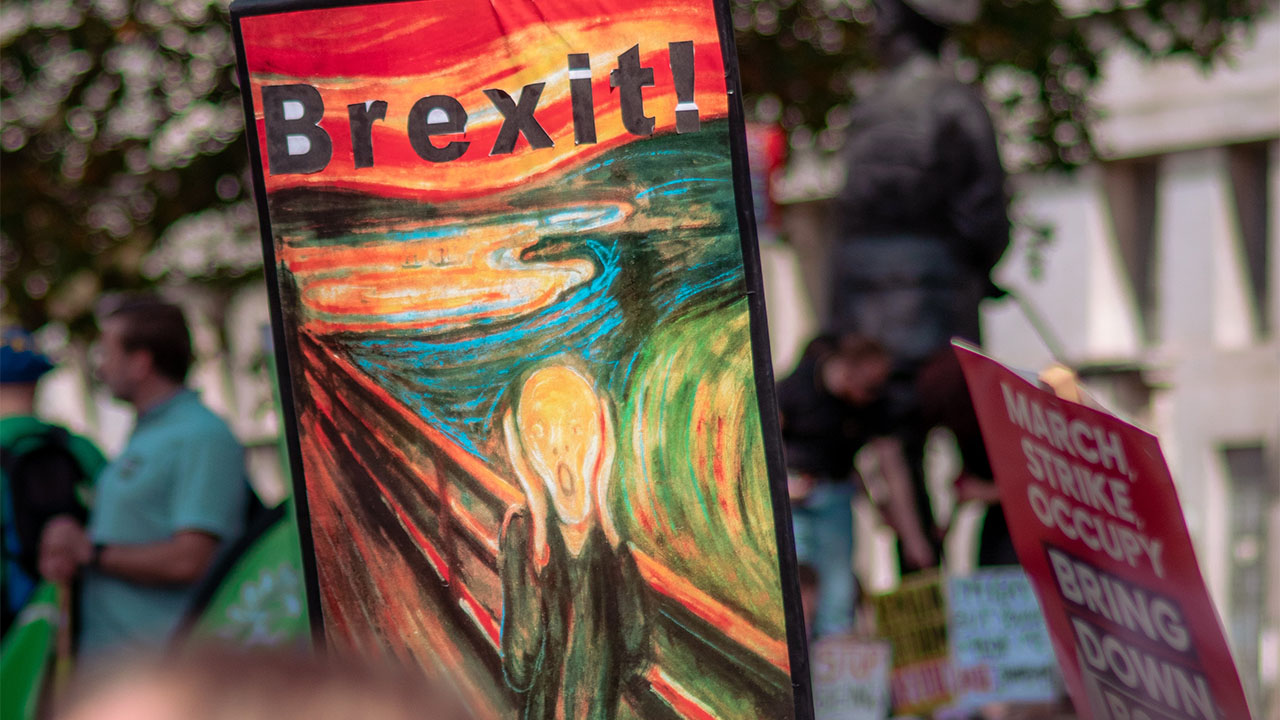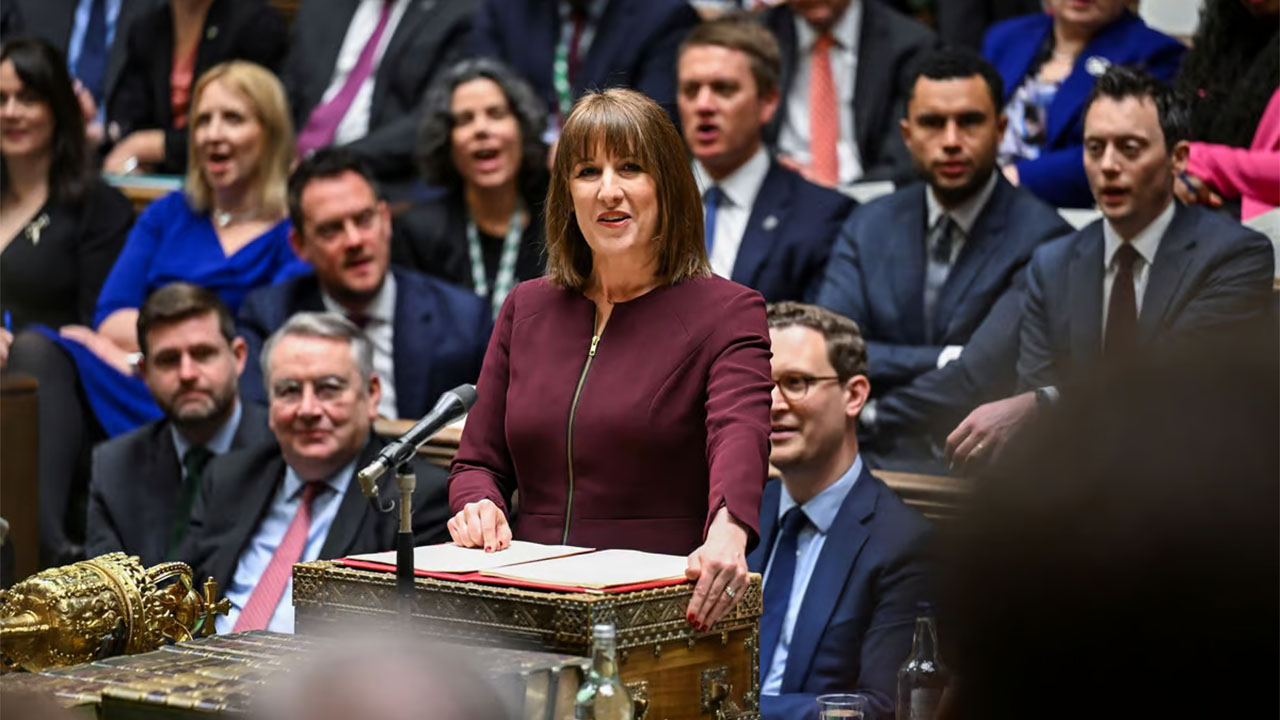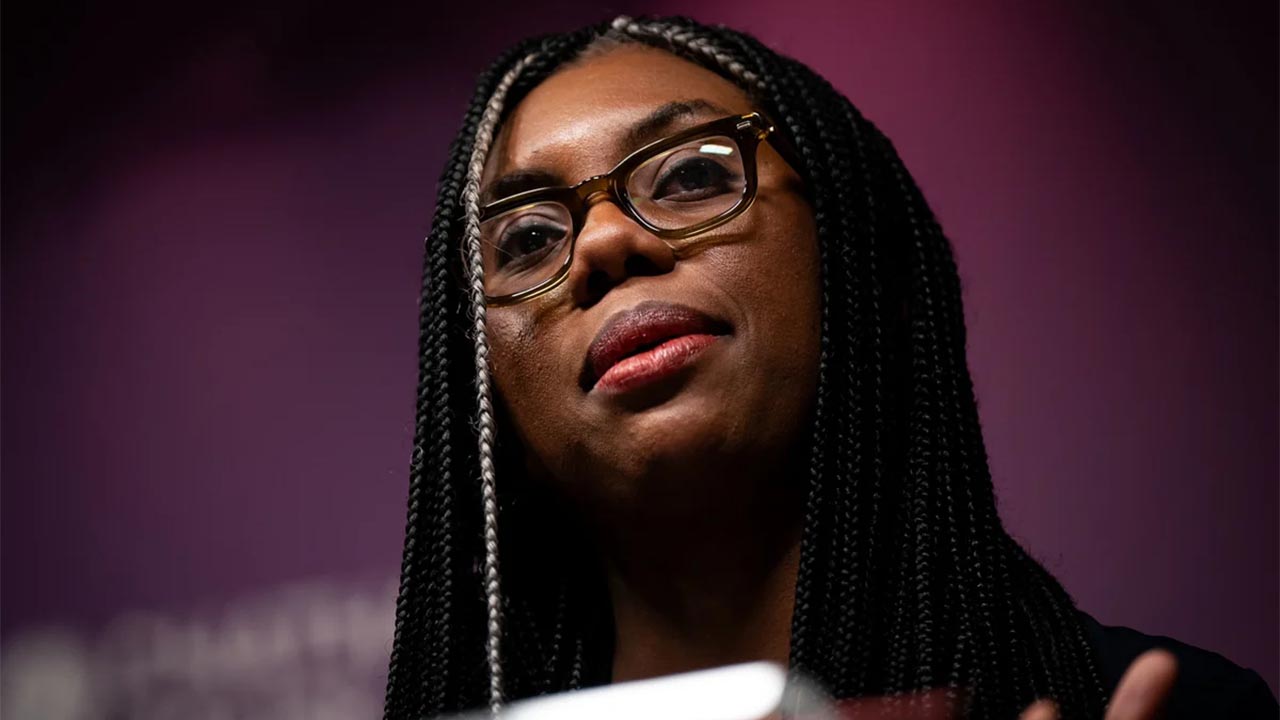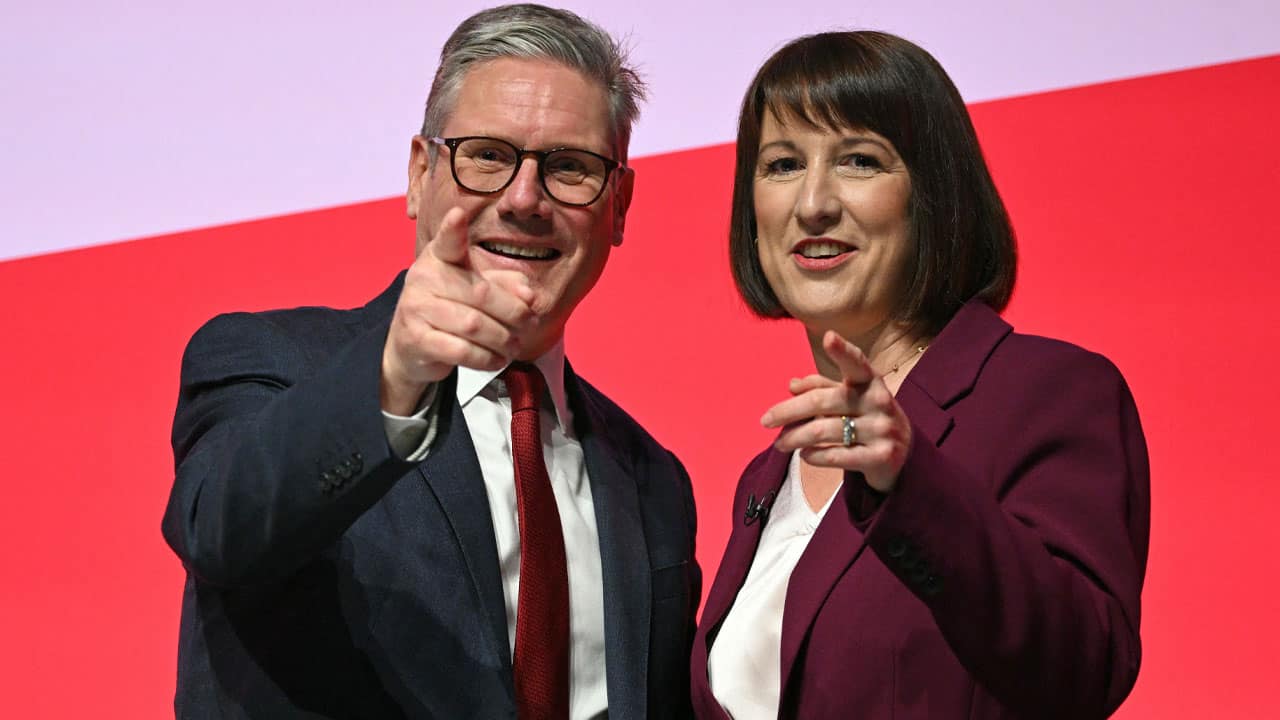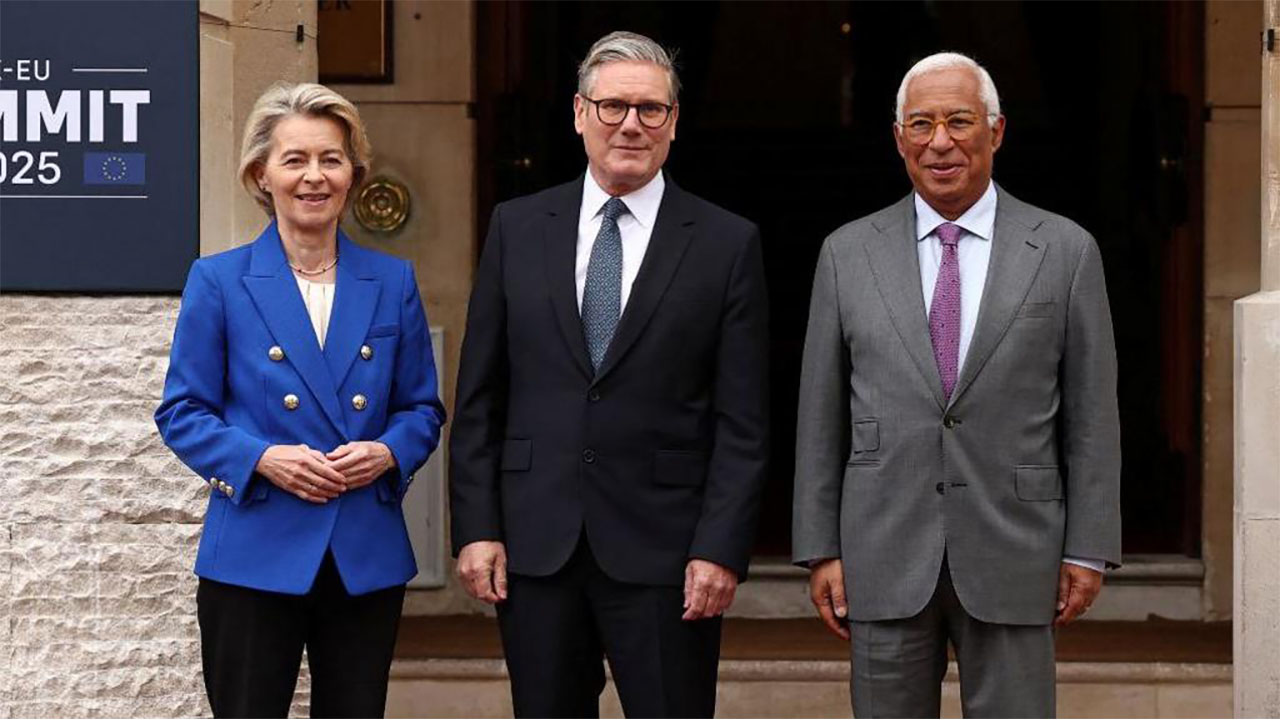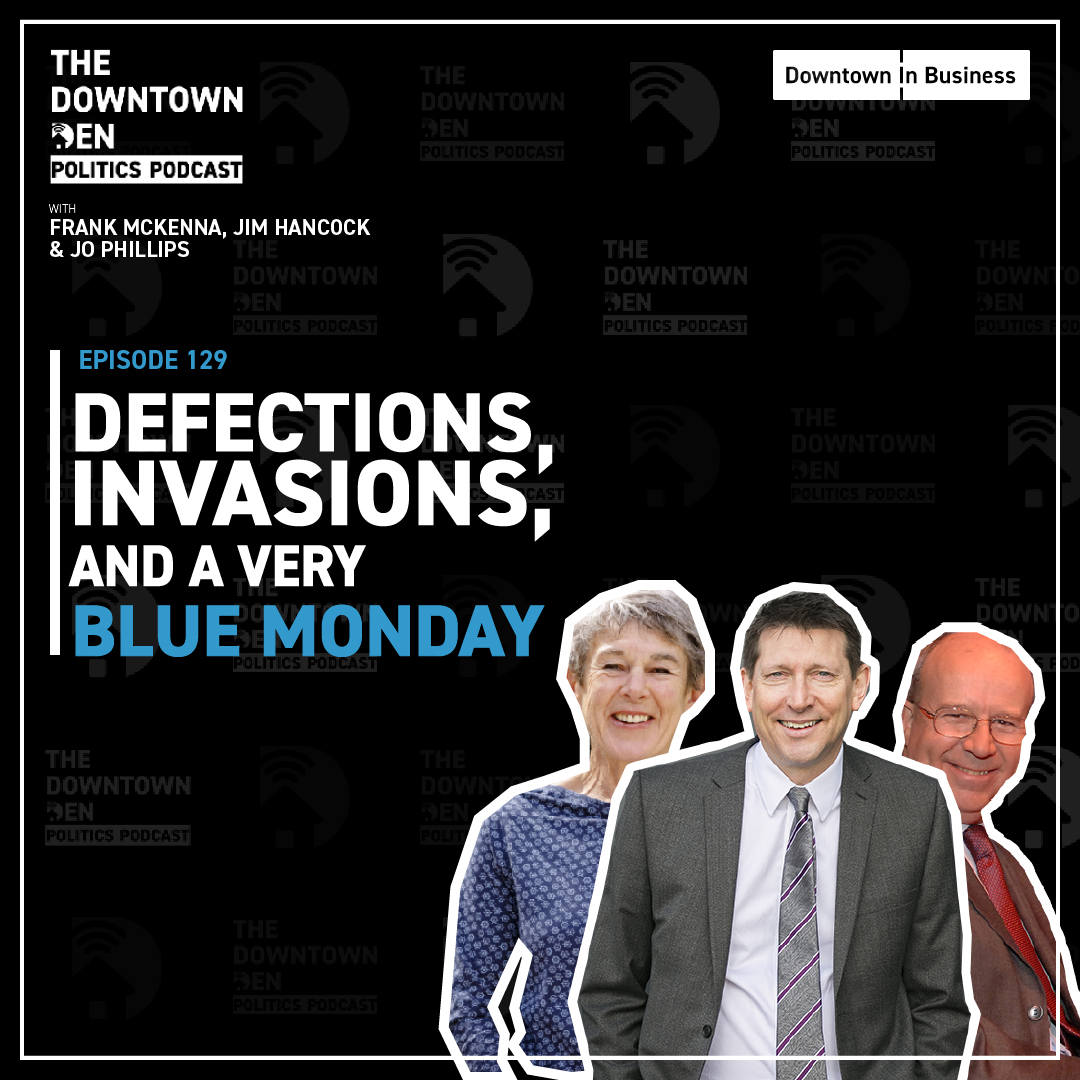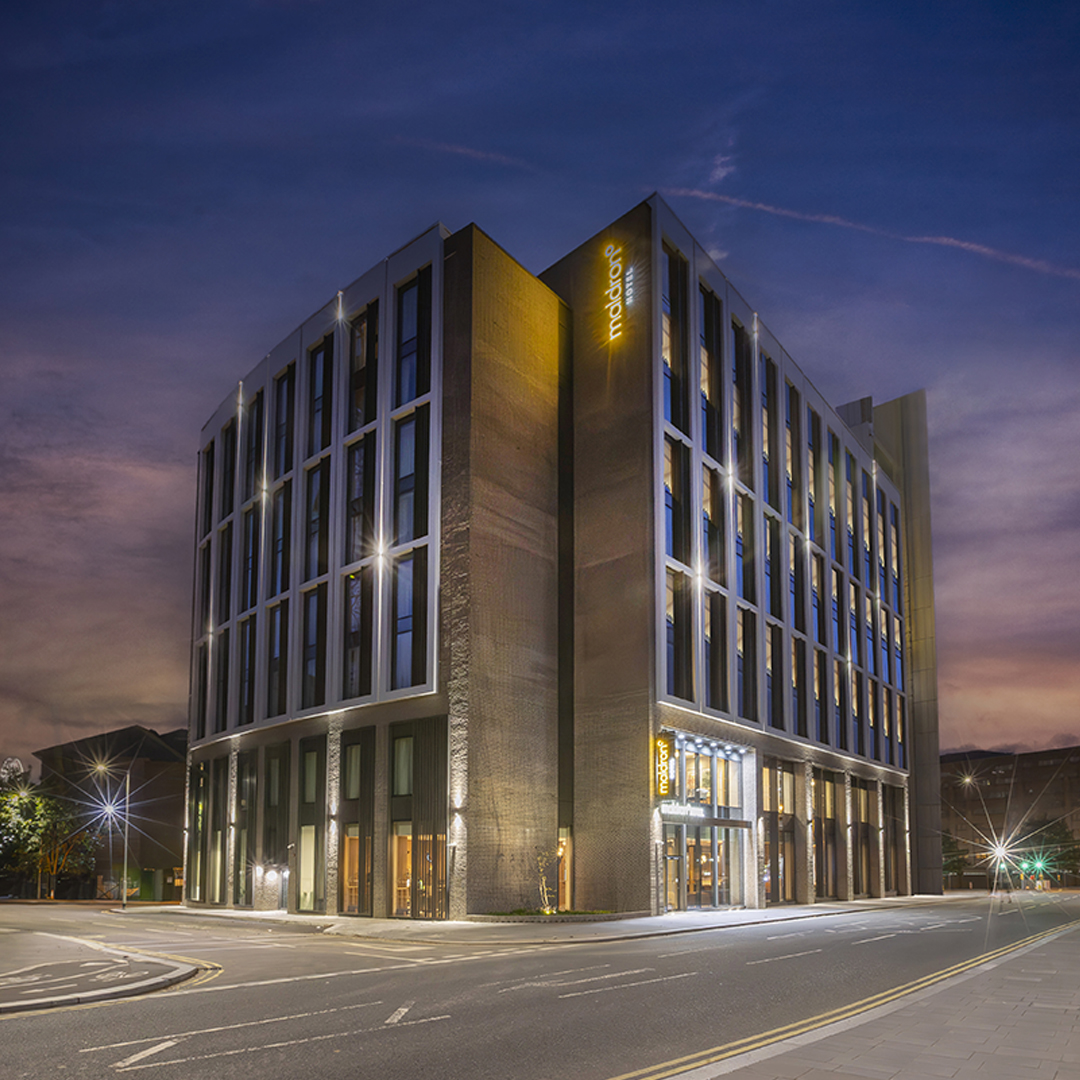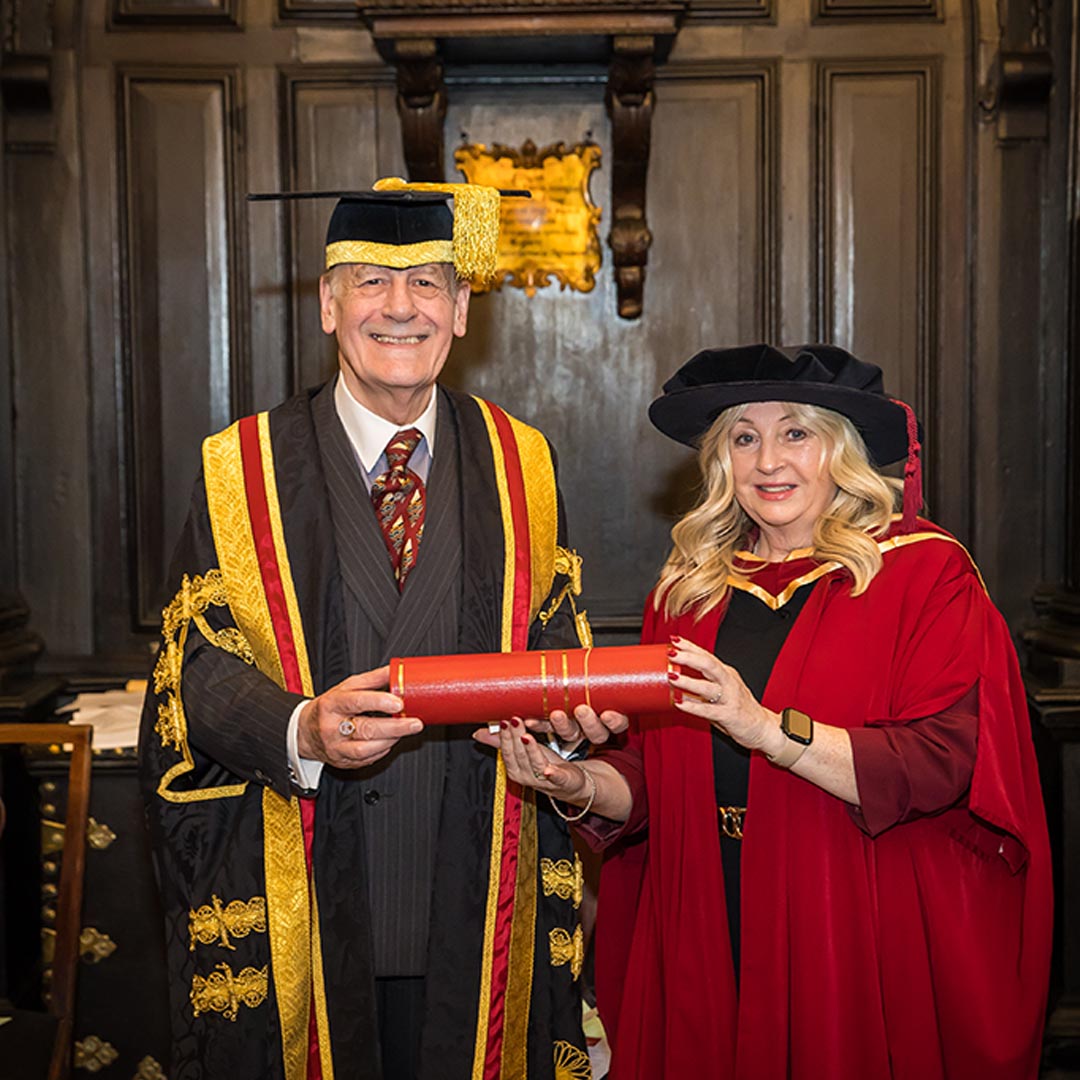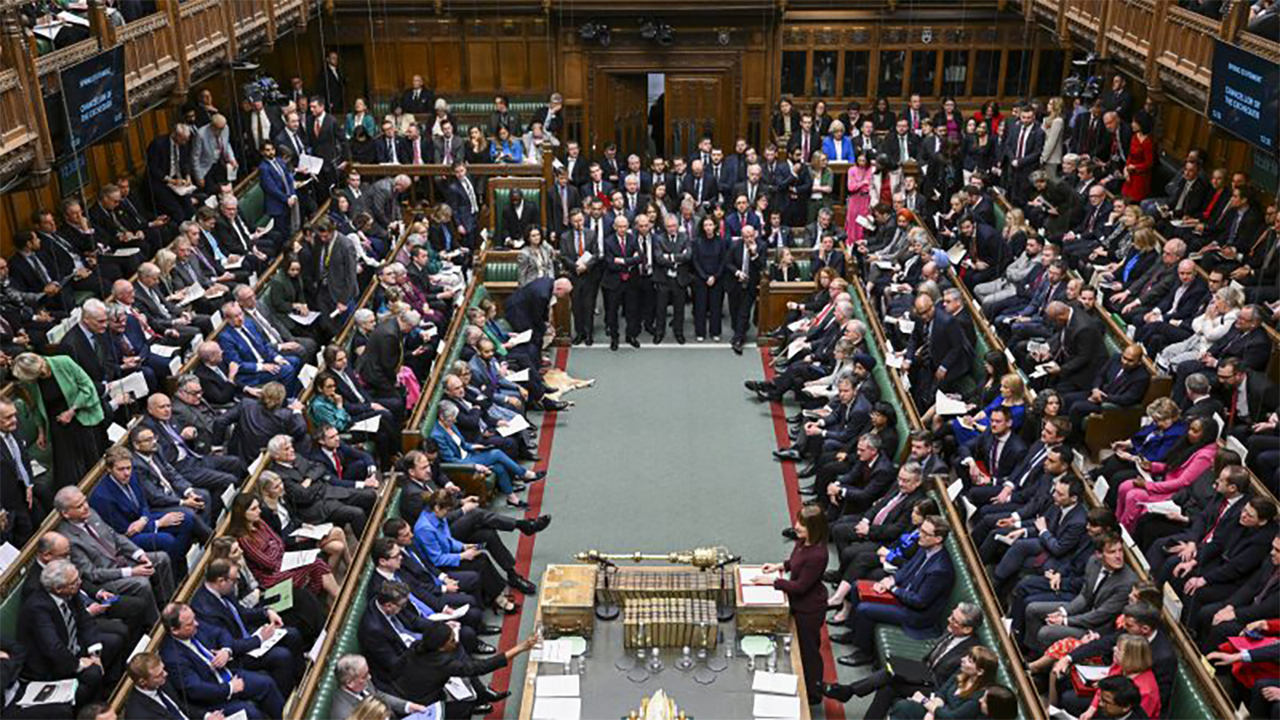There are 40,000 current nursing vacancies in the NHS. The cost to the hospitality sector due to unfilled vacancies is £22billion. Our balance of payments deficit is up. UK productivity is down. The construction Leadership Council warned last month that ambitions to improve infrastructure are being hindered by increasing challenges to import essential materials from the EU.
New British inventors, innovators, and entrepreneurs with aspirations to export are having to consider setting up in Europe in order that their products meet EU standards. A combination of unaligned safety regulations and masses of red tape means that for SMEs, exporting from the UK is now just too expensive.
For the first time since records began in 2003, the London Sock Exchange has fallen behind the performance of the Paris Stock Exchange. Earlier this week, a former cabinet Minister George Eustice admitted that the trade deal the UK has signed with Australia was a poor one for us. We gave too much away, he said, particularly to Aussie and New Zealand farmers. It’s not a hard stretch to assume our negotiating team, headed by Liz Truss (remember her), were aware of the pressure to deliver a deal, any deal, to satisfy the Brexiters need for ‘Brexit bonus’ evidence.
Not all of the trials and tribulations of our economy can be placed at the door of Brexit. But much of it can – and if anyone can provide me with a list of the financial benefits we are enjoying, offsetting the long list of disadvantages we are experiencing, please do so.
Beyond the economy, I would suggest that the political turmoil we have suffered since the fateful referendum six years ago is as a direct consequence of the boosterism and fantasy that convinced 52% of us to leave the biggest single economic market on the planet continuing.
It is hard for this government to concede that to boost investment, create a high growth economy, and export at least as much as we import – then we have to accept that some meaningful deal will need to be done with the EU.
However, despite her fiscal follies, Liz Truss’ supply-side growth plan had some merit – including her desire to liberalise immigration.
Remainers like me can pretend to be smug and say ‘I told you so’ if we like. But, in attempting to win a second referendum we failed to support a deal that would have saved us from the worst ravages of Brexit. Theresa May is the only person who can rightly say “I told you so.” In hindsight, her deal was a good one.
The challenge now is to encourage a more mature debate about our future relationship with the EU. In the absence of any appetite among political leaders to do so, business must step up and demand a genuine conversation – which concludes with genuine solutions.
Following yesterday’s budget, the fiscal quagmire we are in is in plain sight. Surely, the motivation to find a more pragmatic approach towards our EU neighbours ought never to have been greater.


